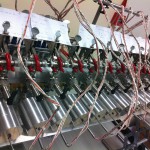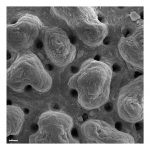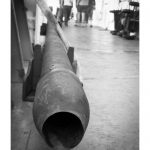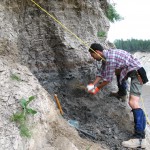Welcome to the research website of Dr Luke Skinner. I am a Professor (Reader) of Earth System Science at the University of Cambridge, and Fellow of Magdalene College.
My research looks at the role of ocean circulation in past climate change, including in particular its impacts on the carbon cycle and the transport of heat across the globe. Much of my work involves the hand selection of tiny microfossils (e.g. foraminifera) from marine sediment cores, for subsequent purification and geochemical analysis. This work involves field campaigns at sea and on land, for the collection of sedimentary/fossil material using coring devices for example, laboratory work to sort and select microfossils, clean lab techniques for sample preparation and analysis (e.g. by inductively coupled mass spectrometry, ICPMS), and conceptual/numerical modelling of physical and biological processes.
Ultimately, this research aims to provide a ‘geological’ basis for understanding and modeling the complex interplay between the carbon cycle and ocean–atmosphere dynamics in the climate system.
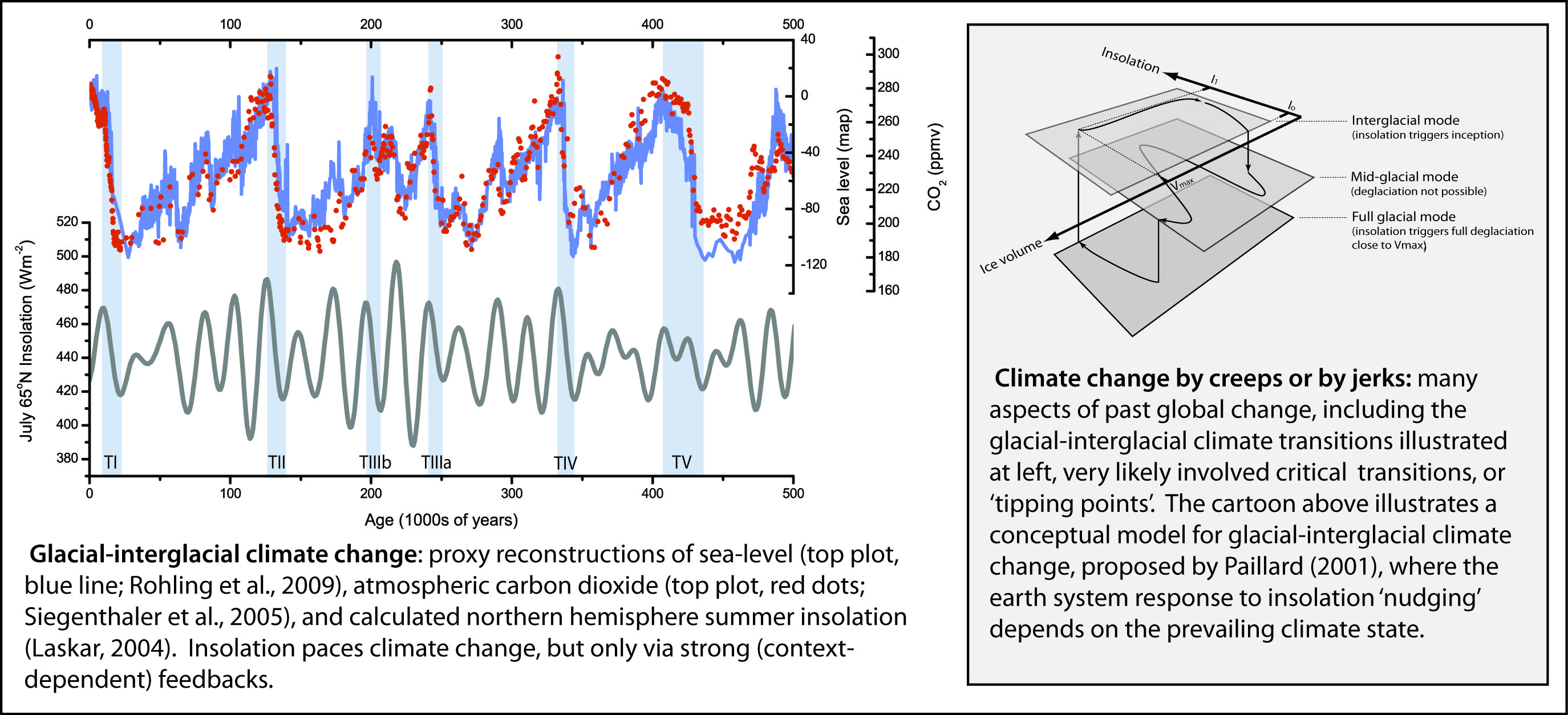
Current research projects:
To find out more about some of the research that i am involved in, follow the links below:
Radiocarbon and the carbon cycle
What was the ocean’s role in atmospheric CO2 change across the last deglaciation, and during past millennial events? How have ocean dynamics evolved with changing global and regional climate? Are such ‘climate surprises’ possible in the modern climate state?
Glacial-interglacial climate change
What internal feedbacks permitted subtle changes in the seasonality of solar radiation (insolation) to produce global scale climate upheavals? What are the implications for ‘climate sensitivity’, and the ‘resilience’ of our Earth System?
What was the ocean’s role in past abrupt climate change? How were the hemispheres connected via teleconnections? What impacts were there on the Earth’s biogeochemical cycles and atmospheric CO2 concentrations?
The last Lake Agassiz ‘Superflood’
What was the timing and character of the last Lake Agassiz superfood, which drain a huge freshwater lake that was dammed against the remnant Laurentide ice sheet at the end of the last ice age? How long did the flood last, and what were its impact on North Atlantic climate?

Past human environments
What chronological and palaeoenvironmental controls can we place on past human contexts? Are there lessons to be learned from past human stresses and impacts? How can the chronological, stratigraphical, and geochemical techniques used for palaeoclimatological reconstruction be used to assist archaeological inference and interpretation?
Research opportunities:
For PhD opportunities in the Department of Earth Sciences, please follow this link.
For any enquiries, including post-doctoral and other opportunities, please do not hesitate to get in touch.


